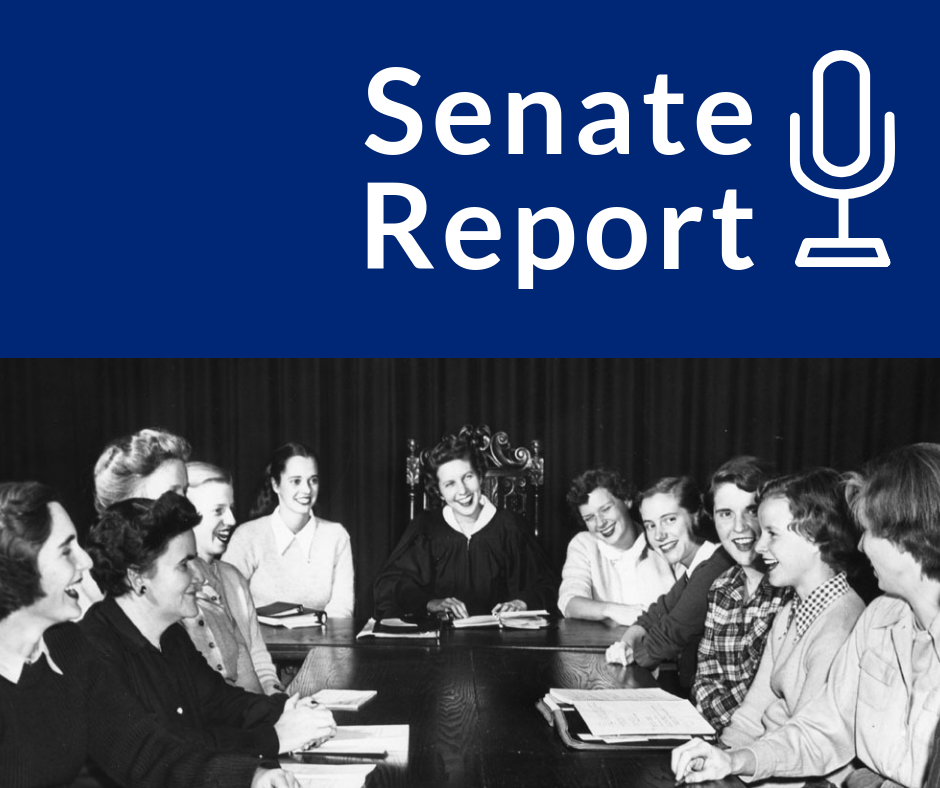On July 16, 2018, in the midst of the summer break, the Wellesley community was notified via email that there would be a change in how credits transfer between MIT and Wellesley classes effective from fall semester 2018 onwards. The email outlined that in the past, “MIT courses in engineering and science carried 12 MIT units, while courses in humanities carried 9. Not wanting to endorse the notion of science being more valuable than humanities, Wellesley granted a full unit of Wellesley credit for MIT courses earning between 9 and 12 MIT units.”
However, MIT has since clarified that regardless of whether a class falls into the realm of science or humanities, a course carrying nine MIT units is equivalent to nine hours of weekly work, while 12 unit courses require 12 hours of weekly work. As a consequence, Wellesley has now made 9-11 unit courses at MIT worth 0.75 of a Wellesley credit, and 12-14 unit courses worth one credit.
Sanjana Lath ’21, who took MIT classes in the past and planned to take classes this semester, expressed frustration with the new conversion. “Personally, I don’t think that this change makes much sense, as it severely limits our opportunities in taking classes at MIT. For instance, I was planning on taking an accounting class this semester at MIT, but now the class translates to a 0.75 Wellesley unit, despite being known to be one of the hardest finance classes. So I’d rather not take it anymore,” she explained.
Emily Yin ’20 attests to this. “I understand why it was decided to not award credit for certain classes, because I know quite a few people who took general area subjects and they had a significantly decreased workload as compared to Wellesley courses and MIT courses of 12 units,” Yin said. “However, I don’t feel that judging the credit-worthiness of a course is based on how many outside of class hours one puts into it, as this is extremely subjective, and depends on how dedicated the student may be.”
Yin also outlined that this change in credit transfer could potentially contribute to a higher stress culture for some, as students who previously would take a class at MIT to fulfill a distribution requirement are now discouraged from doing so, and therefore might take a course load that may be too intense for a semester.
Ann Velenchik, dean of academic affairs and associate professor of economics, and one of the involved parties in this change, explained the shift in credit units further.
“The change we made has only one aim–to make sure that the way we calculate units for the degree continues to be legitimate in the eyes of our regulators so that our students can continue to access federal funds,” she said.
Since that time, MIT has clarified how it awards units. Velenchik continued,“As you may know, the MIT catalog lists three numbers for the units in a course: the number of hours of class meeting, the number of hours of laboratory and the number of hours of homework. So a course labeled 3-0-6 has three hours of class meeting, no lab, and six hours of homework, for a total of nine hours of work per week. MIT awards that course nine MIT credits. That would be the equivalent of three credit hours using the federal system. But we have a unit system where one Wellesley unit is set to equal four credit hours, and that is what we tell our accreditors. It is not legitimate for us to be granting four credit hours for an MIT course to which MIT itself only gives three credit hours.”
Velenchik’s email also explained that certain courses in the Political Science Department, particularly the “General Subjects” section of the curriculum, require too few academic hours outside of the classroom for it to be deemed fit for a unit of Wellesley credit. Therefore,Wellesley students are not permitted to receive credit for MIT’s internship classes, service experiences, as well as a select number of courses in the Political Science Department.These classes include, most notably, a Wellesley favorite: “Conversations You Can’t Have on Campus (17.S914).”
Velenchik explained the reason for the delay in notifying the student body regarding the change of credits saying, “I am sorry that we didn’t get the word out to students before the spring semester ended. Conversations with our counterparts at MIT as we worked through all of the changes in the exchange that we announced took longer than we expected.”
Only time will tell whether this new conversion of credits will be invaluable or detrimental to students who wish to pursue the MIT exchange that Wellesley’s curriculum offers. Susan Cohen, dean of the class of 2019, declared, “This change seems quite reasonable to me, and though it may, unfortunately, have complicated some students’ plans, I hope and expect that students had enough time to make whatever changes they needed in their fall programs.”






